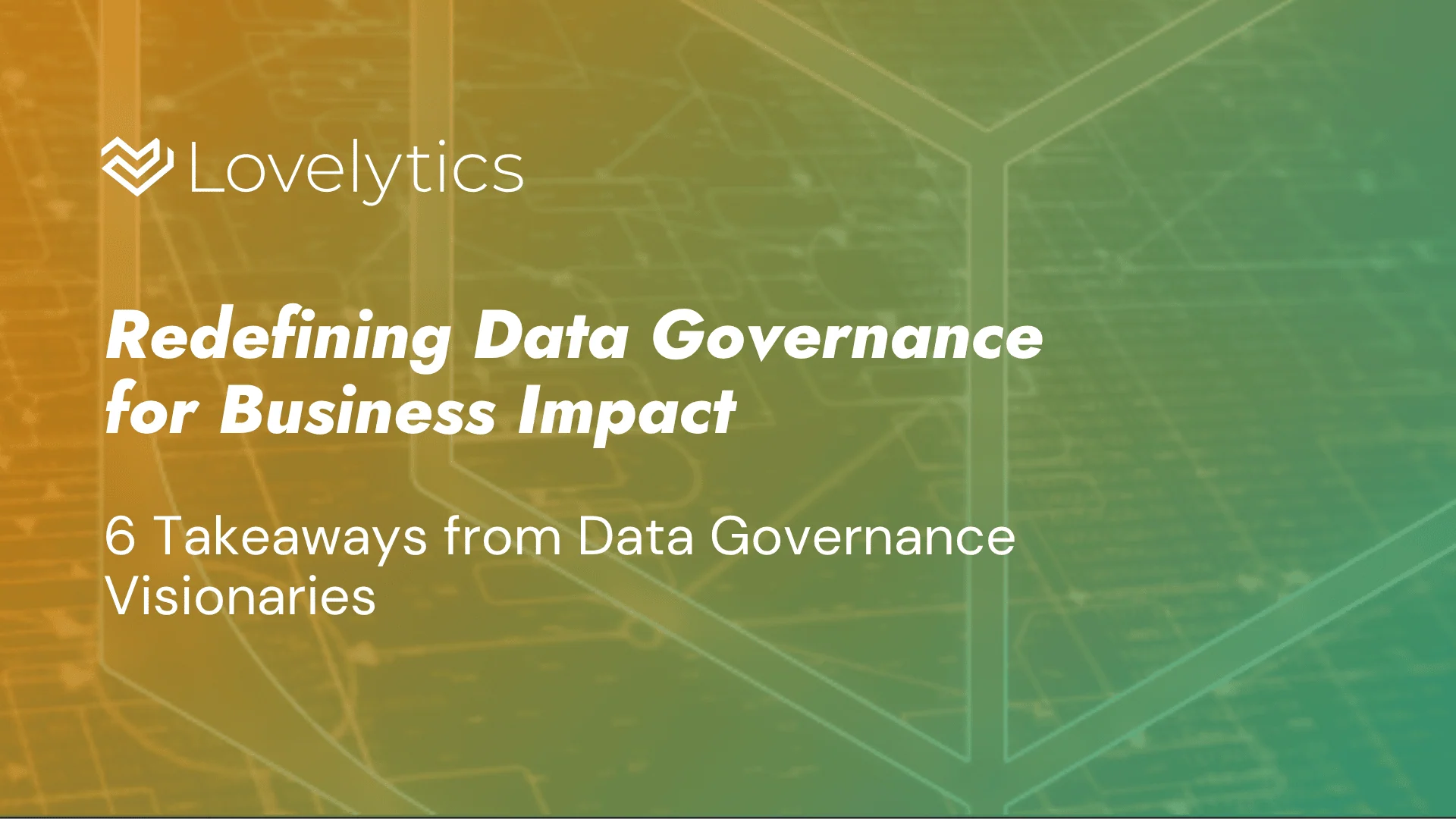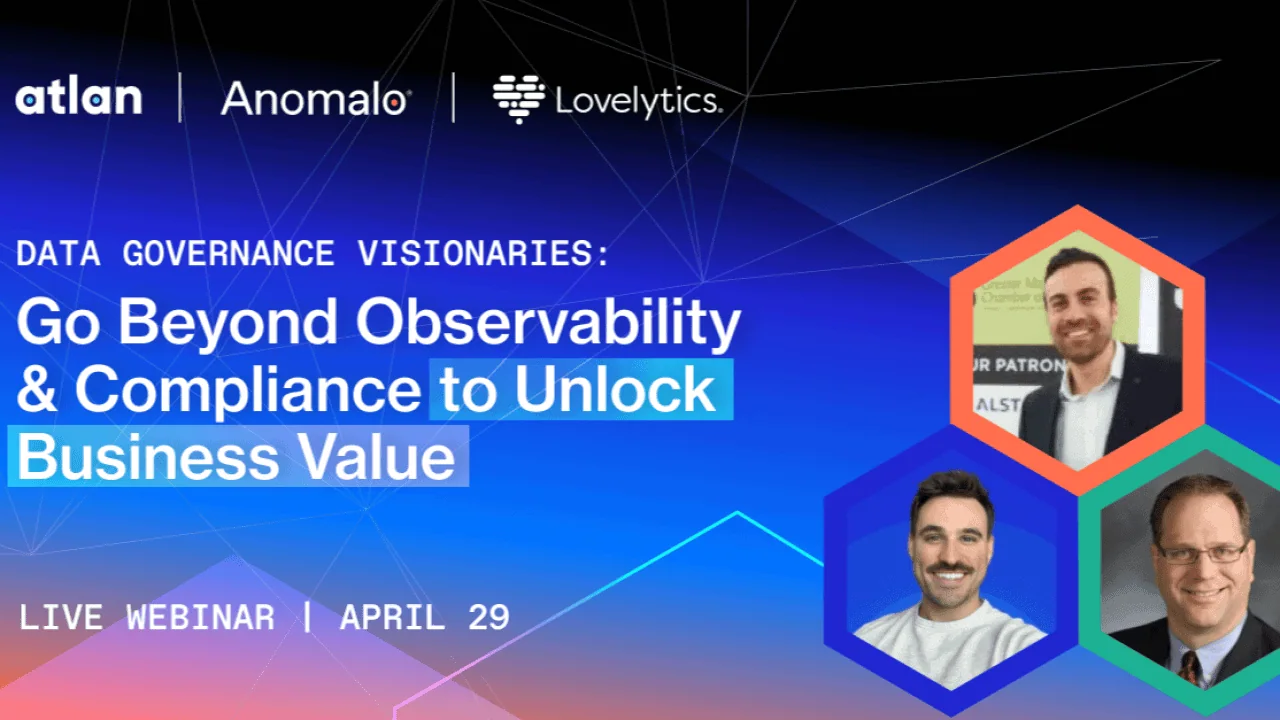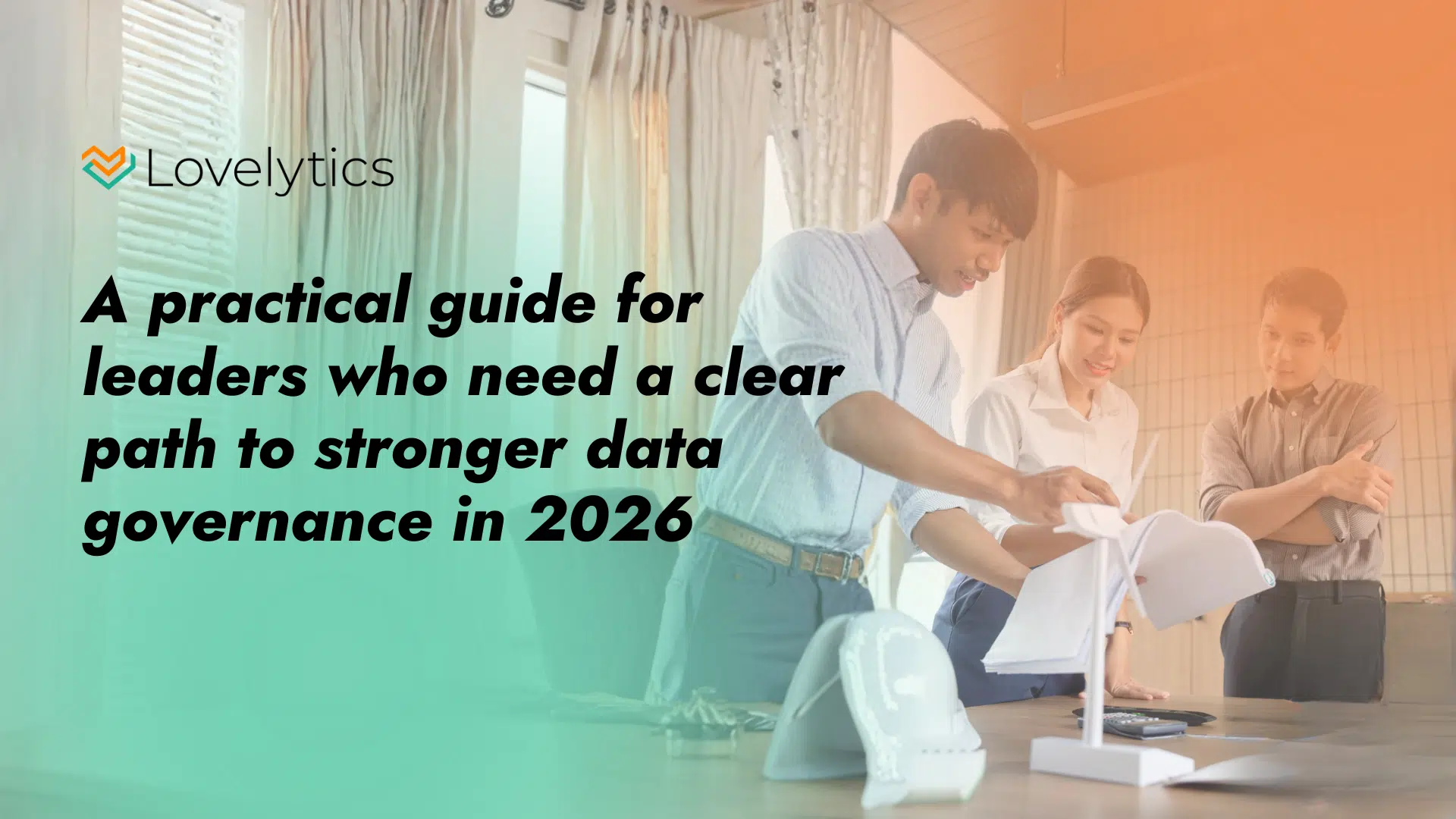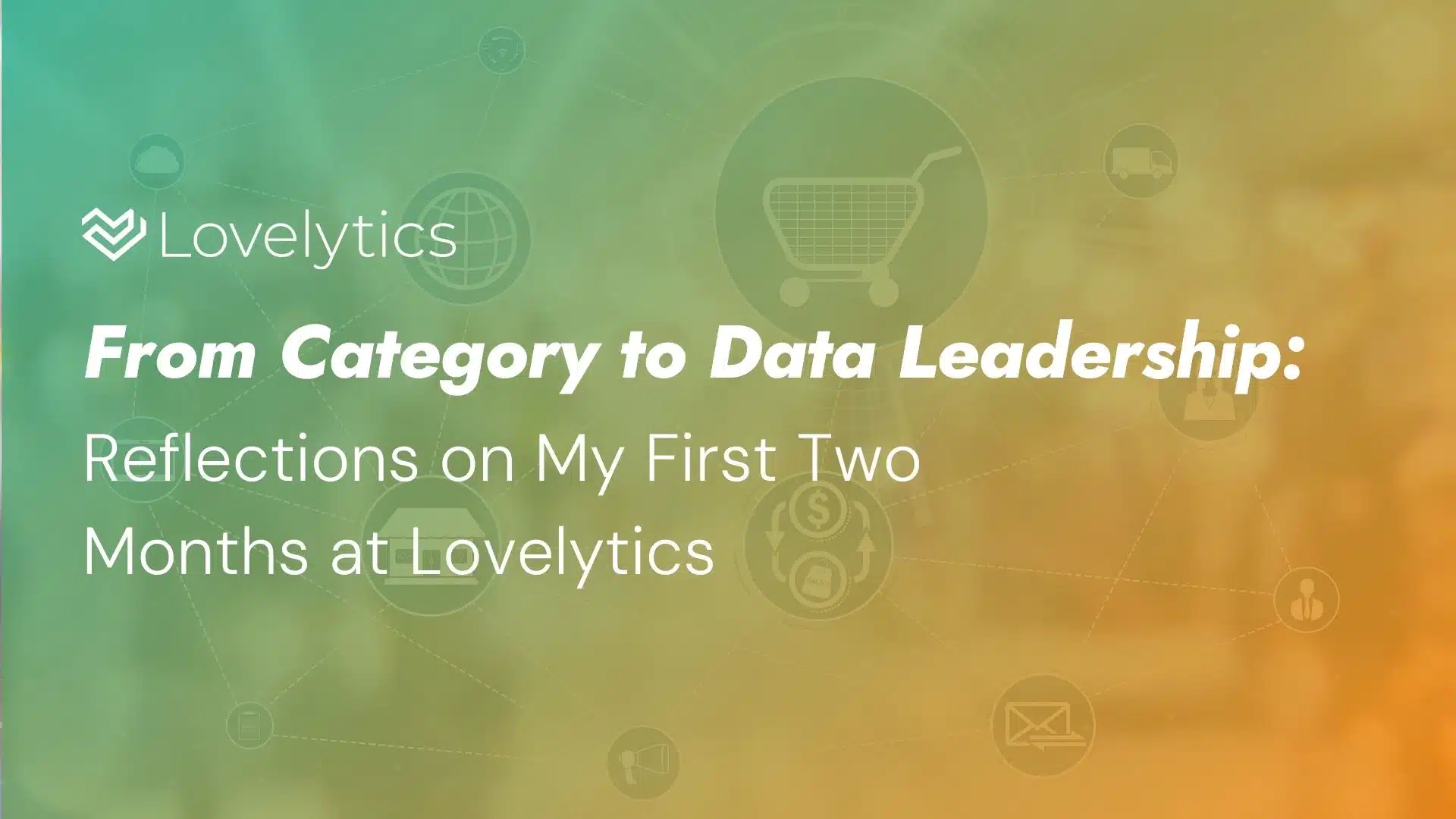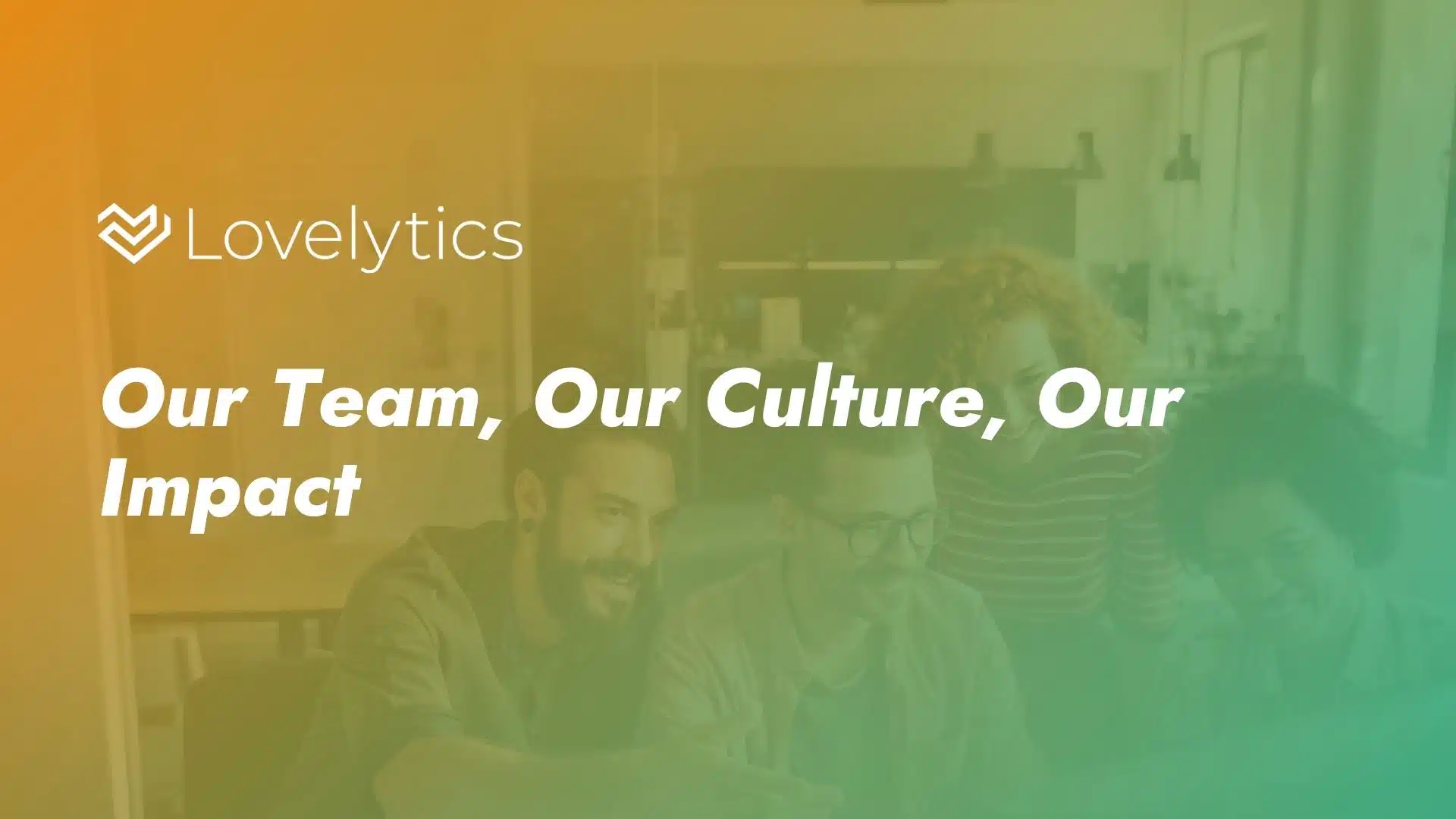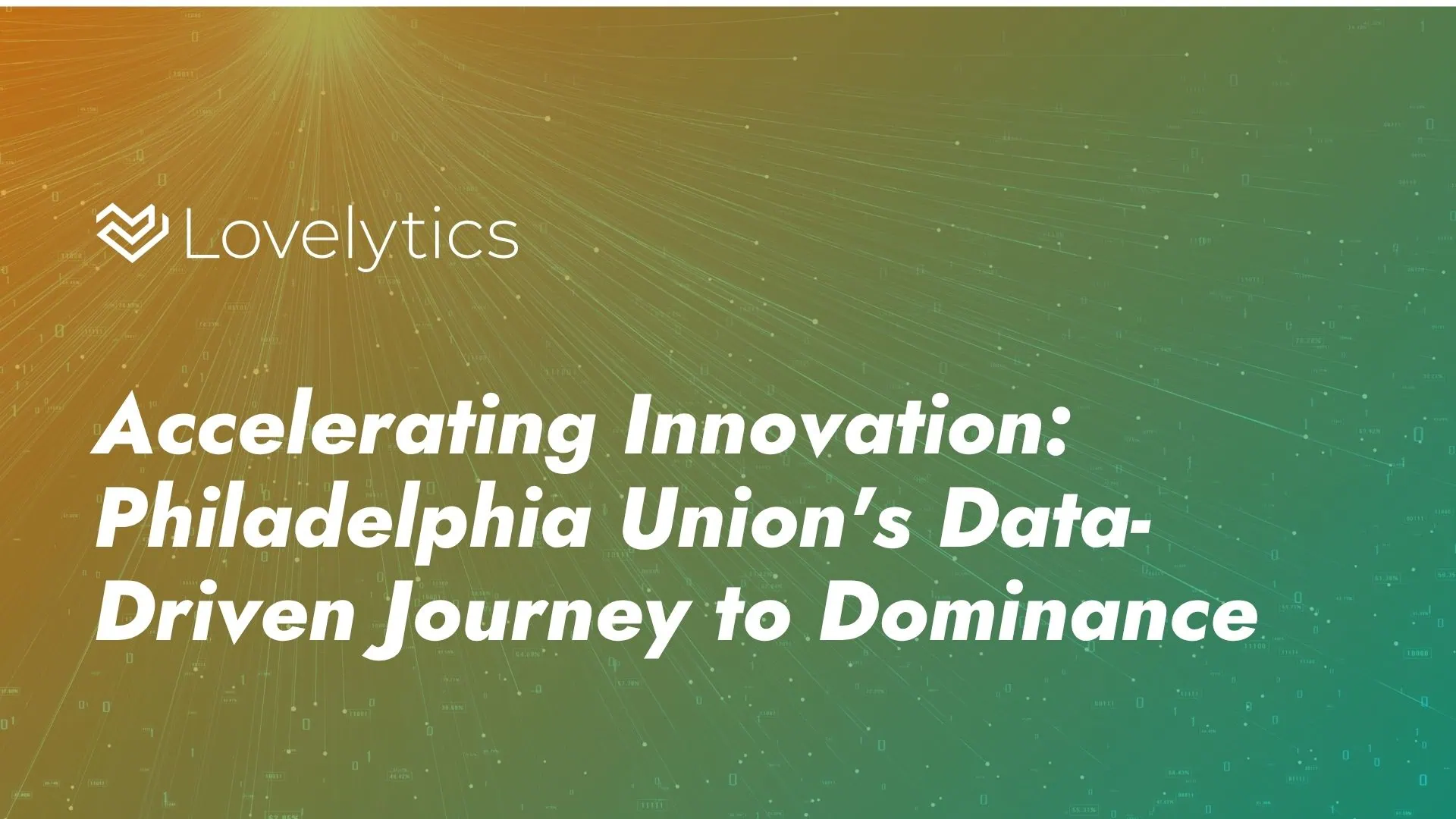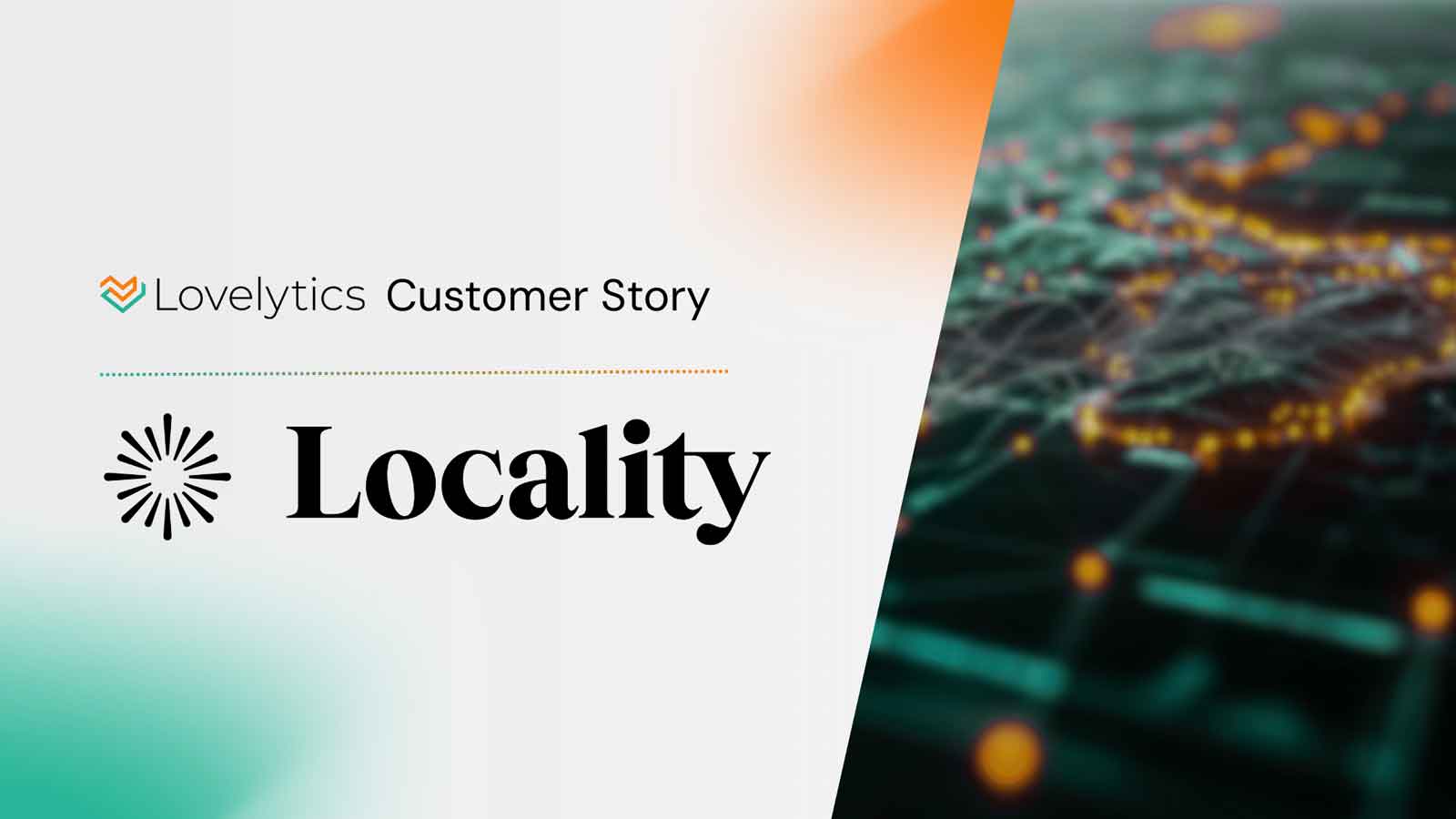6 Takeaways from Data Governance Visionaries
Data governance is under pressure. As organizations advance their AI initiatives and manage increasingly complex data ecosystems, legacy approaches based on manual rules and static processes are proving insufficient. In this Data Governance Visionaries webinar hosted by Anomalo, Daniel Shah from Anomalo, Austin Kronz from Atlan, and Eric Falthzik from Lovelytics shared practical strategies for modernizing data governance. The conversation focused on automation, building trust in data, the evolving role of the CDO, and how to tie governance efforts directly to business value.
Here are the main takeaways from the discussion.
The State of Data Governance: Why It’s Falling Short
Manual Efforts Can’t Keep Up
Organizations are overwhelmed by the scale and complexity of modern data ecosystems. Traditional rules-based governance is no longer sustainable:
- Eric noted that even sophisticated organizations often can’t identify the full extent of their data quality issues.
- Automation is now key to maintaining and scaling data governance programs at the pace required to keep up with data volumes
- Austin pointed out that people are no longer the only data consumers, and data governance also has to factor in how to effectively provide data for AI and agent consumers as well.
- For example, with Anomalo, ADP reduced its 700 manual rules and identified 1,600 additional issues using Anomalo’s machine learning–based automation. Another organization replaced 11,000 of its 30,000 rules with just one automated anomaly detection check.
Governance Fatigue Is Real
Many teams feel discouraged by past failures, citing:
- Repeated but stalled governance programs.
- Difficulty in carving out time for data stewardship amidst competing priorities.
- The persistent disconnect between people, process, and technology.
Automation & AI: The Cornerstones of Scalable Governance
A Shift Left Toward Intelligent, Proactive Monitoring
- Austin emphasized that automation enables scalability and proactive governance. Rather than waiting for issues downstream, monitoring schema changes and lineage upstream is key.
- Tools like Anomalo and Atlan help automate metadata collection and anomaly detection, reducing manual workloads and improving root cause analysis.
Building Trust: Quality Alone Isn’t Enough
Data Trust Requires Cultural Alignment
- Data can be technically accurate but still untrusted due to poor communication, lack of transparency, or weak change management.
- Daniel stressed the importance of treating governance as an organizational transformation, not just a tech initiative.
- Cultural readiness and change management are as critical as tools and frameworks.
From Compliance Cop to Business Driver: The Evolution of the CDO
Aligning Governance to Business Outcomes
- The Chief Data Officer role is evolving from managing compliance to enabling growth.
- For Austin, the rise of the data product manager role has been a significant shift in ensuring that every insight request is tied to a clear business objective.
- Eric warned that siloed efforts between business and tech teams are “fatal.” Business partnership is essential for prioritizing and executing meaningful use cases.
Real-World Use Case: Wildfire Mitigation
A standout example of this shift is with our client, an energy utility using data to mitigate wildfire risks:
- By integrating weather data, geospatial inputs, utility infrastructure, and vegetation management, the utility can predict where fire risks are high, proactively de-energizing lines to protect communities.
- This was only possible with high-quality, integrated, and trusted data.
Practical Guidance: Starting and Scaling a Governance Program
Start Small, Deliver Value
- Don’t attempt a big-bang implementation. Instead, identify a high-value use case and build a governance paradigm around it.
- Eric: “Deliver that first use case. Don’t boil the whole data governance ocean. Tools, processes, and people all play a role—but scale once you’ve proven success.”
- Austin: Focus on why you’re governing data. Tie it to your AI or business use cases. Identify foundational policies relevant across the board.
- Eric: Establish the right people, tools, and workflows around one use case, and treat it as a model for scaling.
Metrics & Prioritization: What Matters Most
Measuring What Matters
Governance success isn’t just about fixing errors—it’s about enabling outcomes:
- Metrics should tie to business goals like increased product sales or operational efficiency.
- Error reduction and improved data quality are supporting KPIs, not end goals.
Not All Data Quality Issues Are Equal
- Not every data anomaly has business impact. Effective diagnostics and prioritization frameworks are necessary.
- Data stewards play a key role in vetting issues for relevance and guiding resolution.
Key Takeaways
- You can’t hire your way out of bad data. Automation is essential.
- Trust in data requires more than quality—it requires cultural transformation.
- CDOs must evolve from gatekeepers to business enablers.
- Start small with clear use cases, then scale.
- Tie governance metrics to business value, not just operational improvements.
You can watch the full webinar here, and claim your data governance assessment with Eric, Austin, and Daniel! Learn more about our data governance services here.

